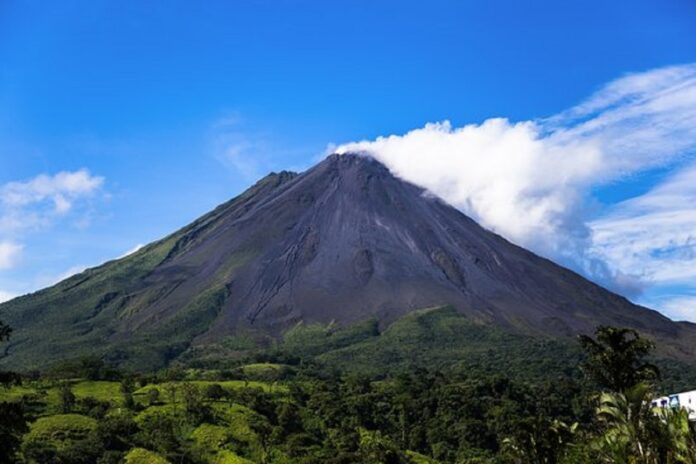At this moment, while the world discusses global warming, Costa Rica is decarbonising by producing 98% of its’ electricity from renewable sources (such as rivers, wind and solar). It is the result of choices made many years ago with the focus on environmental protection, which we can only admire. In the 60’s and 70’s, the country was subjected to deforestation, that was blocked with bold measures and efficacy. Already in the 80’s, the forests had recuperated 25% of lost areas. In 2013, 50% was recuperated. At the same time, decarbonization projects were carried out, which led to the results mentioned above in 2018.
Public Transport will be the real test of this ambitious project. The country has set itself a goal to reach in the next 15 years: 25% of cars and 70% buses to be electric, and by 2050 to be completely free of fossil energy use in every field. Grand projects have been planned for the achievement of this goal. For example, the electrical trainline which will connect, by 2022, 15 of the most important cities of the country, arranged radially around the capital (San José). The point of this transformation is the obvious economic cost. This is why this government has envisaged the creation of ‘Green Tax’, which is still note yet finalised.
What is most striking about this Costa Rican “first” is the conscious participation of the large mass of the population in the race for sustainability. Cycling lanes are used almost 100% of the times. School curricula provide a specific space for education on the environment. Additionally, groups of youth organise to participate in international competitions to solve certain problems, such as the destination of waste water.
Since 1949, Costa Rica had given up on holding an army and has reduced military spending to zero. Artistic and cultural activities are decently funded. Tourism is fuelled by the exceptional care with which the large public parks and natural beauty are managed. Maybe we have something to learn from the Costa Ricans.








